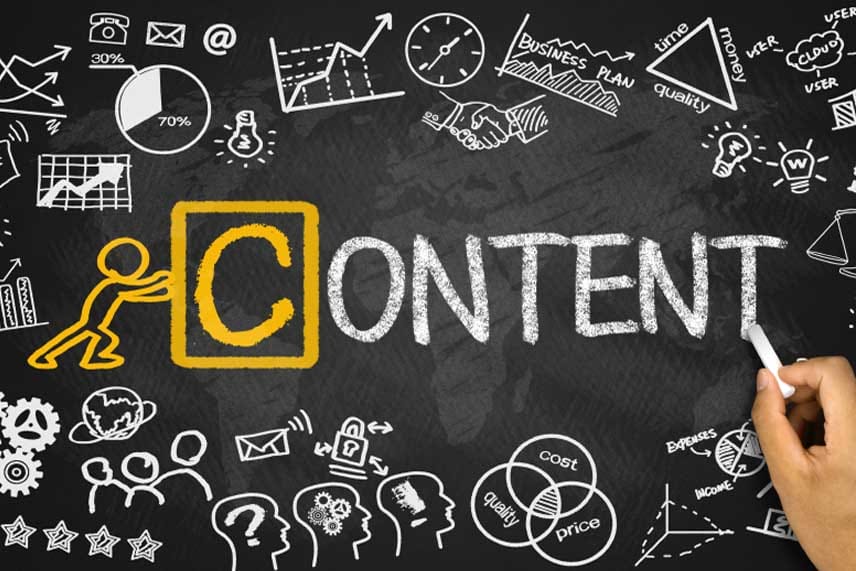- Address : P9FG+V4R, Shimutala, Matigara, Baniakhari
- /
- Email : splogos2022@gmail.com
- Home
- -Blogs Details
Blogs Details

- Jun 06,2025
- Admin
What Type of Website is Right for You?
Choosing the right type of website for your business is a critical decision that directly affects how your audience perceives your brand and how effectively you reach your goals. The right website structure depends on your industry, target audience, and the kind of interaction you expect with visitors.
For most small to medium-sized businesses, a brochure-style website works well. It’s simple, informative, and acts as a digital business card—providing essential details like services, contact information, and an about section. This is ideal for local businesses, consultants, and service providers who rely on calls, emails, or foot traffic.
If you’re in retail or planning to sell products online, an eCommerce website is the obvious choice. It comes equipped with features like product listings, shopping carts, payment gateways, and inventory management. Platforms like Shopify, WooCommerce (for WordPress), or Magento are commonly used for this purpose.
A portfolio website is best suited for creatives like designers, photographers, artists, or writers. It showcases work samples, case studies, and testimonials to help attract clients and establish credibility in your field.
For professionals like coaches, authors, or speakers, a personal brand website helps position you as an expert. It usually includes a blog, bio, media features, and booking/contact options—ideal for building thought leadership and attracting collaborations.
If your business is content-heavy or aims to drive traffic through SEO, a blog or content-based website is a great option. It allows you to publish regular articles, build an audience, and generate organic leads through search engines.
On the other hand, startups or software companies often need a landing page or product-focused website that highlights features, benefits, pricing, and calls-to-action. These sites are built for conversion and often tie into digital marketing campaigns.
For large companies or organizations with multiple services and departments, a corporate website is most appropriate. These sites are typically more complex and include investor information, press releases, career pages, and detailed service information.
Ultimately, the best website for your business is the one that aligns with your goals—whether that’s generating leads, making sales, building authority, or engaging a community. A well-designed website that speaks directly to your audience and reflects your brand identity will always deliver the best results.




